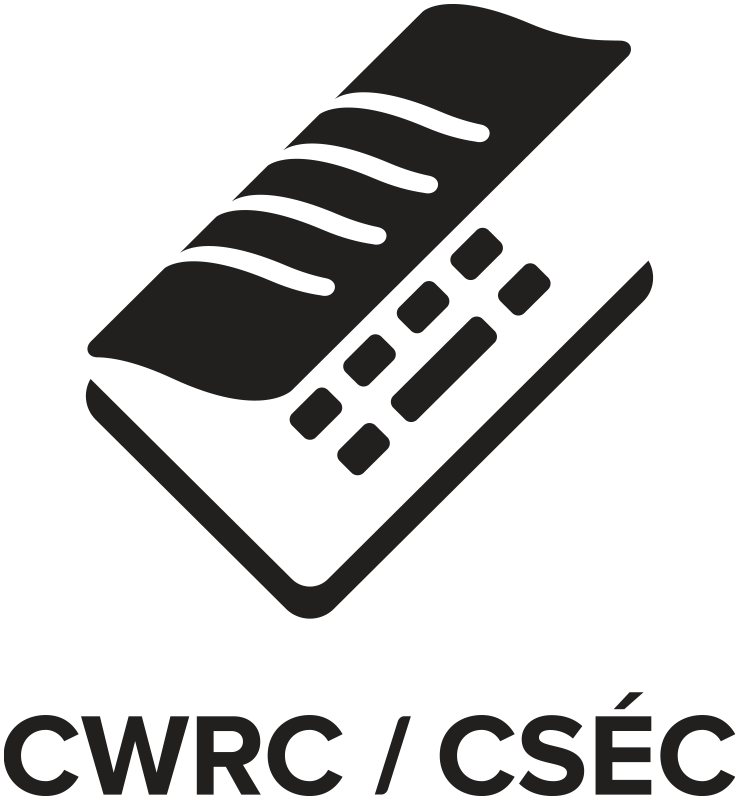CWRC-Writer
An in-browser text markup editor for collaborative editing of scholarly projects.
CWRC aims to make digital research methods broadly accessible, and to develop an active community of researchers engaged in exploring the potential of collaboration online.
CWRC’s key is integration: of system components; of content whose value increases exponentially when combined and subjected to new modes of inquiry; of scholarly materials with the massive archive of digital texts; of scholars themselves.
The repository or database houses born-digital scholarly materials, digitized texts, images, audio files, video, prosopographic records, and metadata (indices, annotations, cross-references).
CWRC content is made freely available wherever possible. Although it contains some copyright materials, and some materials that are restricted for reasons to do with rights or work in progress, most CWRC content is licensed under a Creative Commons CC-BY-NC license for sharing and reuse, although other licenses are possible as is the application of Traditional Knowledge Labels for Indigenous Content.
Materials are stored in standard, preservation-friendly and interchange-friendly formats.
CWRC is seeded with a substantial body of existing materials. The Early Canadian Cultural Journals Index, published on CD-ROM, is now available again through CRWC. The Canadian Early Women Writers significantly updates and expands the work originally published as Canada’s Early Women Writers, positioning it for ongoing enhancement by the community. The Orlando Project will have CWRC as its new home and share its Canadian content.
CWRC supports the production of born-digital content, from inception to dissemination, enabling scholars to explore the possibilities of collaboration at every stage of the research process. Individuals and teams have the option to develop their work in the open, to engage citizen scholars, within the walled garden of the Collaboratory in conversation with their peers, or to develop it behind the scenes and release their work in stages or as a whole once it is complete.
The results of digital scholarship need not repose. Rather, they can be updated, enhanced, revised, remixed, and redistributed as part of an ongoing process of knowledge production. CWRC provides the means for scholarly communities to support the knowledge and resources that matter to them.
CWRC supports the creation, development, management, use, revision, enhancement, and publication of scholarly content through an extensive suite of tools that are accessible through the main CWRC interface.
The uploading of existing materials, and creation of metadata, text, and other content is designed to promote adherence to best practices for interoperability and preservation. The centerpiece of this strategy is the CWRC-Writer browser-based editor that allows the creation of structured text, linked metadata, and interoperable annotations.
CWRC helps scholars keep track of the research process by allowing them to apply workflow stamps to record what has been done to materials, assign them to others, and draw on reports of sets of materials. This information is visualized in the forthcoming Credit Visualization (CV) tool that shows the contributions to individual items or collections of materials.
Content can be published at any stage. Alternatively, CWRC can also be used as a production environment and content published elsewhere, or within a separate interface that draws on the repository.
CWRC builds on the open-source Islandora framework for a Fedora Commons repository. All code developed by the project is open-source in the project’s Github repository.
CWRC is built on a RESTful service-oriented architecture with Application Programming Interfaces (APIs). The modular interface supports the addition of new components.
CWRC’s architecture allows projects to have their own customizable homepages as first points of access to their collections. It also allows projects to build and maintain their own Drupal multisite interfaces that draw on materials in the Collaboratory but provide specialized theming or functionality.
From 2021 we are developing a new version of the platform based on the newest version of Islandora, with a more flexible interface and upgraded Fedora repository layer.

An in-browser text markup editor for collaborative editing of scholarly projects.